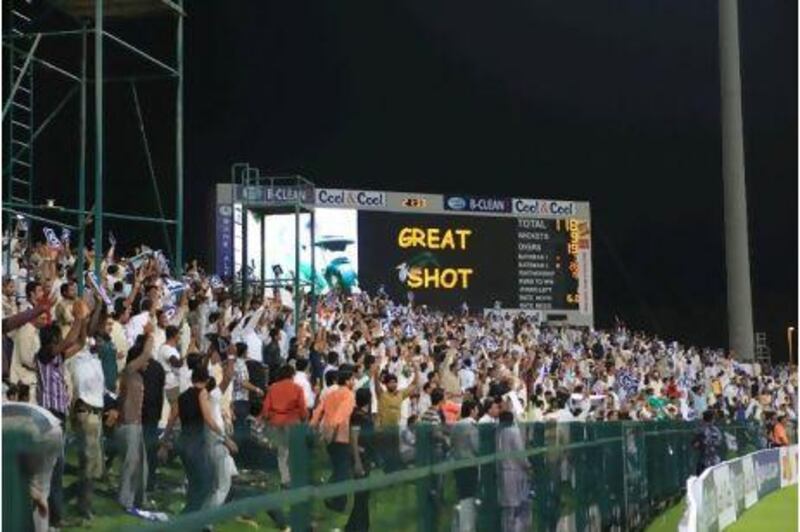The award of the football World Cups in 2018 and 2022 to two new territories carries stark lessons for cricket administrators within the Pakistan Cricket Board (PCB) and the International Cricket Council (ICC), attempting to bring international cricket back to Pakistan.
The foremost lesson is that success is attained by those who are proactive in helping themselves.
Russia has suffered from terrorism in recent times and faces ongoing threats, but security was not deemed an insurmountable hurdle to hosting one of the most prestigious events in sport. South Africa, a country with significant crime issues, staged a successful World Cup earlier this year.
The governing bodies of football in both the countries were able to build sufficient credibility with their global counterparts.
This is a long-term process which the PCB, in conjunction with Pakistan police, could do well to replicate. With the right approach, countries can manage security threats.
The logistics of protecting the estimated half a million fans that travelled to South Africa for the football World Cup, a multi-location tournament involving 32 teams, are massive compared to staging a two-nation Test series.
With the right mindset and a willingness to manage these security threats, football's governing bodies were able to achieve what the ICC and the PCB have not.
A potentially positive step on the road to international cricket returning to Pakistan was the recent domestic T20 competition at Lahore. The event was safe, well-attended, well-scheduled and showcased Pakistan cricket at its exciting best.
The PCB however scored an own goal; it should have used the T20 Cup to invite administrators of fellow ICC member countries to demonstrate Pakistan's ability to host high-profile matches.
This would have helped build the case for Pakistan's re-admittance to the international calendar.
Sadly, no such individuals were spotted at the matches and instead just a video of the security arrangements was sent to the ICC; a valuable networking opportunity was thus missed.
Cricket's ability to galvanise the youth of Pakistan should not be forgotten during these times when individuals can be led astray by dark, sinister forces.
It is certainly not a point lost on Giles Clarke, the chairman of the ICC's Pakistan Task Team. As recently as August this year Clarke mentioned the potential for an ICC World XI to play a match in Pakistan to re-open the doors for other teams to tour at a future date.
The biggest issue facing Pakistan cricket is of course the ineptness of the PCB Chairman Ijaz Butt himself.
It is hoped the appointment of the Pakistan Task Team would redress matters.
The spot-fixing controversy has taken a central role to the detriment of all of Pakistani cricket at present, with almost continuous and often needless updates by all and sundry.
The best course of action for Pakistani cricket is to rebuild its credibility from within, for the pool of talent within Pakistan cricket deserves more.
It deserves a platform from which to play international cricket at home before we pass the point of no return.





